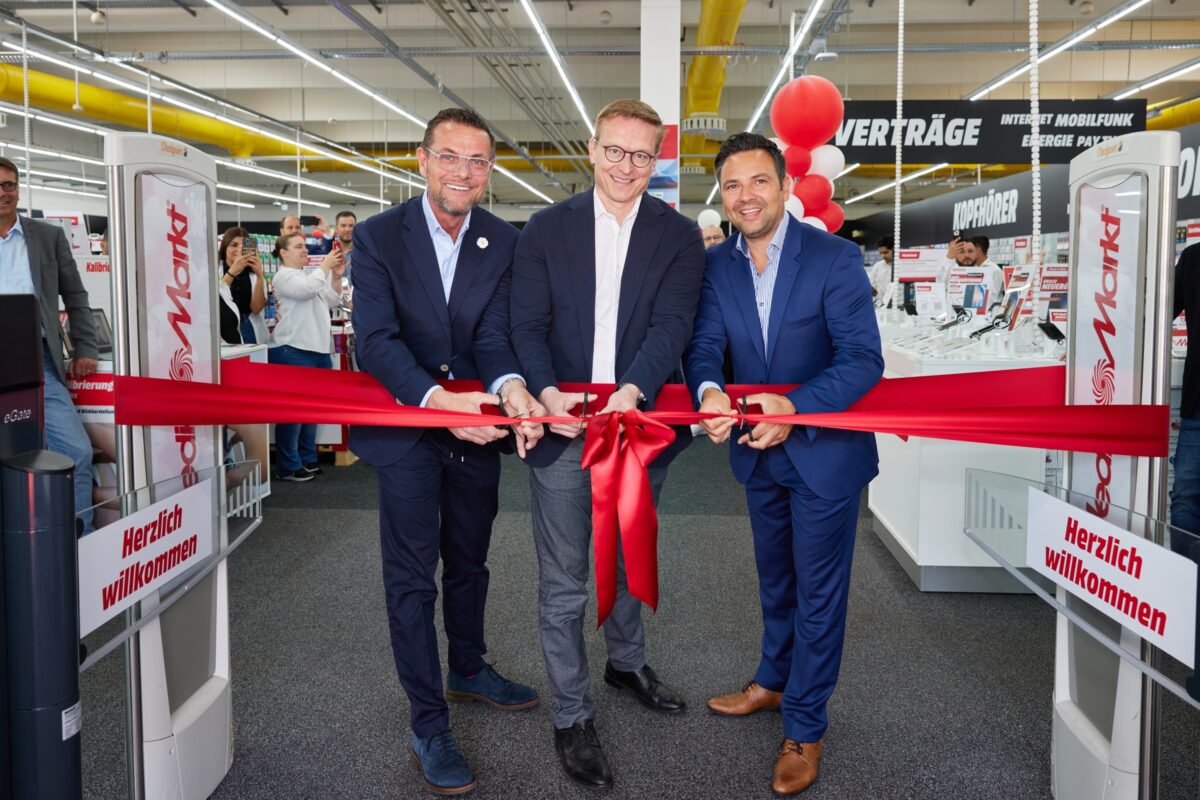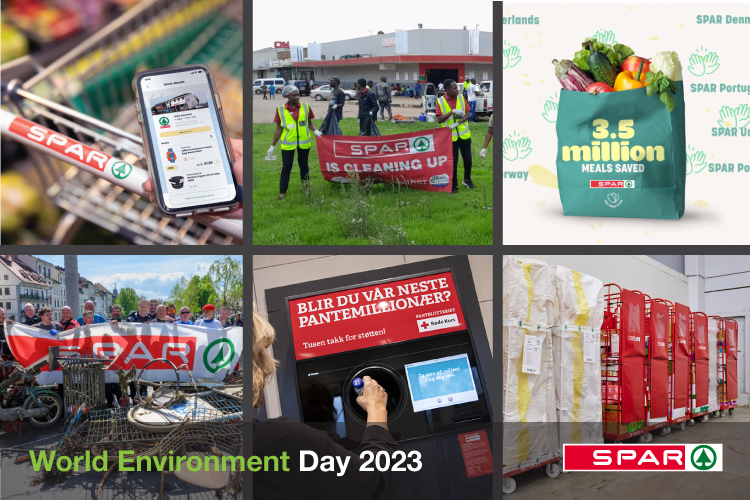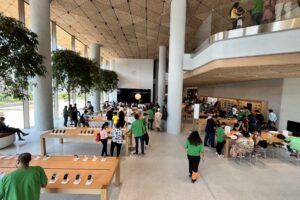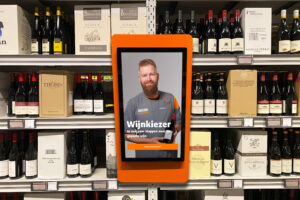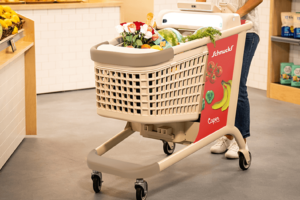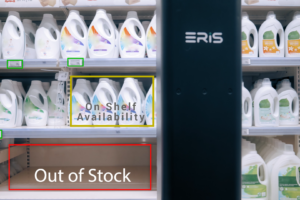Interview with Professor Otto Jockel, International School of Management in Cologne, Germany
University graduates with no practical work experience – not exactly an ideal scenario for most companies, and especially those in the retail sector. The International School of Management (ISM) focuses on dual study programs, including the “Retail & Commerce” degree course. We spoke to Professor Otto Jockel from ISM Cologne about curriculums, discussed the advantages of the dual model of studies and reviewed the requirements recent graduates face when they enter the workforce.
Mr. Jockel, your school has recently launched the dual study program “Retail & Commerce”. Why would you recommend this type of education?
Dual study programs that combine theoretical and practical education have been popular for the past 40 years. The number of options has also doubled in the last ten years. This is primarily owing to the fact that a dual study program combines academic studies with vocational training. In our case, the contents are identical to that of traditional full-time studies. The benefit is that students can immediately apply what they have learned in a practical setting. It also means that every student is in an employment contract with a company right from the very first semester.
What are the benefits of linking theory and practice right from the start?

Prof. Otto Jockel // © Jockel
It’s a winning combination that benefits both parties. From a student’s perspective, it makes sense as they can directly apply their theoretical knowledge in practice, which helps to commit things to memory. Many students would agree. From the employer’s point of view, it makes sense to participate in these types of programs since it allows students to seamlessly transition into employment after graduation. Traditionally, college graduates enter the job market without any type of practical experience. This means, they have to first be introduced to practical concepts via internships and other hands-on training. That’s not the case with ISM graduates.
You collaborate with a variety of companies. Can you give us a few examples?
Our traditional retail partner is the Rewe Group. We also collaborate with Babymarkt – a pure-play online retailer and specialist in this area.
At which campus locations can students embark on the new “Retail & Commerce“ degree program?
The program is available at our Dortmund, Cologne, Frankfurt, and Munich campuses. These are locations where we presently offer dual study programs. We also plan to expand to our Hamburg and Berlin locations soon.
What are the course content and curriculum?
This is primarily a business degree, which means all your typical business and economic subjects are part of the curriculum. The specializations pertain to retail-specific settings: retail marketing, supply chain management, retail logistics, international retail management or consumer relation management. E-business and retail financial controlling are also part of the curriculum.
Which job opportunities or careers can students pursue once they graduate?
For starters, you have your classic functions that pertain to any company: human research, finance, and logistics. Our students can pursue any careers in these fields. Yet there are also three major retail-specific opportunities that are of interest to our graduates: operations, purchasing, and sales. Retail operations are largely logistical in nature, but also entail other facets. Sales play a key role in the retail sector. Today, most businesses sell a variety of products through several channels, which makes sales a complex and multifaceted field.
What are the key challenges facing retailers today?
You might generally say that retail – like all other industry sectors – focuses on two powerful trends: digitalization and sustainability. Digitalization has already drastically changed the retail sector in recent years, forcing brick-and-mortar retailers to face their online competition. This is where omnichannel comes in, that being an approach to sales that engages multiple channels – online and offline. It plays a crucial role in this context.
Sustainability is not a new concept in retail. Just think back to the introduction of container deposits. This presented a unique challenge for retailers. That was 15 years ago and took many years until logistics finally caught up and was able to effectively implement the concept. These days, sustainability has become an integral part in all areas of retail, for example, as it pertains to packaging. The retail sector has learned a lot in this case and tries to proactively push this concept forward and not let the legislator be the driving force.
Mr. Jockel, I appreciate you taking the time for this interview today!
My pleasure!
Interview: Sonja Koller






